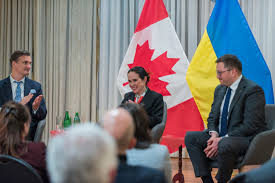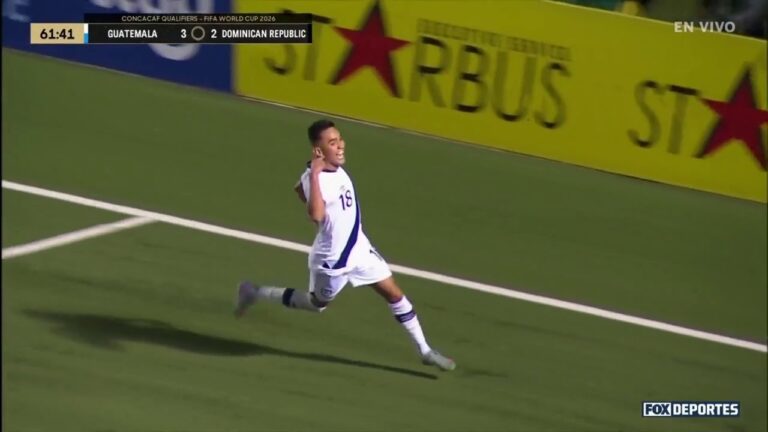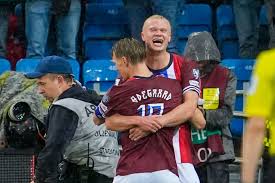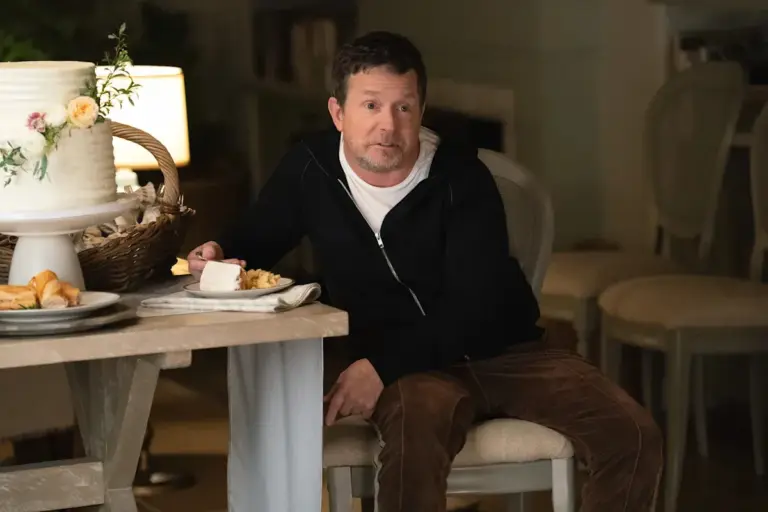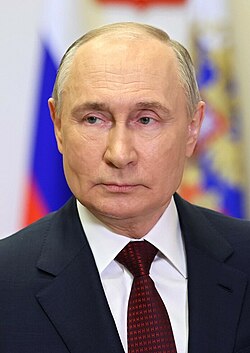
Introduction
Vladimir Putin has been a significant figure in global politics for over two decades, impacting international relations and geopolitical stability. As Russia’s President, his actions and policies not only shape the domestic landscape but also reverberate around the world. Given the increasing complexity of international tensions, understanding Putin’s role and strategies becomes crucial for analysts, historians, and voters alike.
Recent Developments
In 2023, Putin’s leadership faced new challenges as Russia continues its military operations in Ukraine. Western nations have imposed sanctions as a response to the ongoing invasion that began in 2022. These sanctions have significantly affected the Russian economy, leading to inflation and decreased foreign investments. Additionally, recent reports have indicated growing tensions between Russia and NATO, further complicating the international political landscape.
Putin’s government has sought to consolidate power amid these pressures, emphasizing nationalism and state control. His administration has focused on military readiness, showcasing advancements in Russian defense capabilities through various public military parades and drills. Analysts argue this is an effort to project strength domestically and deter external pressures from Western powers.
Domestic Challenges
On the home front, Putin faces increasing dissatisfaction among citizens due to rising living costs, which have come as a byproduct of sanctions and war expenditures. Protests have occasionally surfaced across the nation, as people express their concerns over economic hardship and political repression. However, the Kremlin’s tight grip on media and civil liberties often stifles dissent, allowing Putin to maintain a narrative of strength and stability.
Conclusion and Future Outlook
The ongoing conflict in Ukraine and the Western response will likely continue to shape Putin’s international strategy. As global tensions escalate, Putin’s reliance on military power may create further isolation for Russia. Observers note that the domestic implications of these strategies could lead to increased unrest if the economic situation worsens. Moving forward, the world watches closely as Putin navigates these complexities, with the potential for significant implications for global security and diplomatic relationships.
In conclusion, Vladimir Putin remains a pivotal figure in contemporary international relations. Understanding his motivations, both domestically and internationally, offers vital insights into not only Russian policy but also the broader geopolitical ecosystem.
